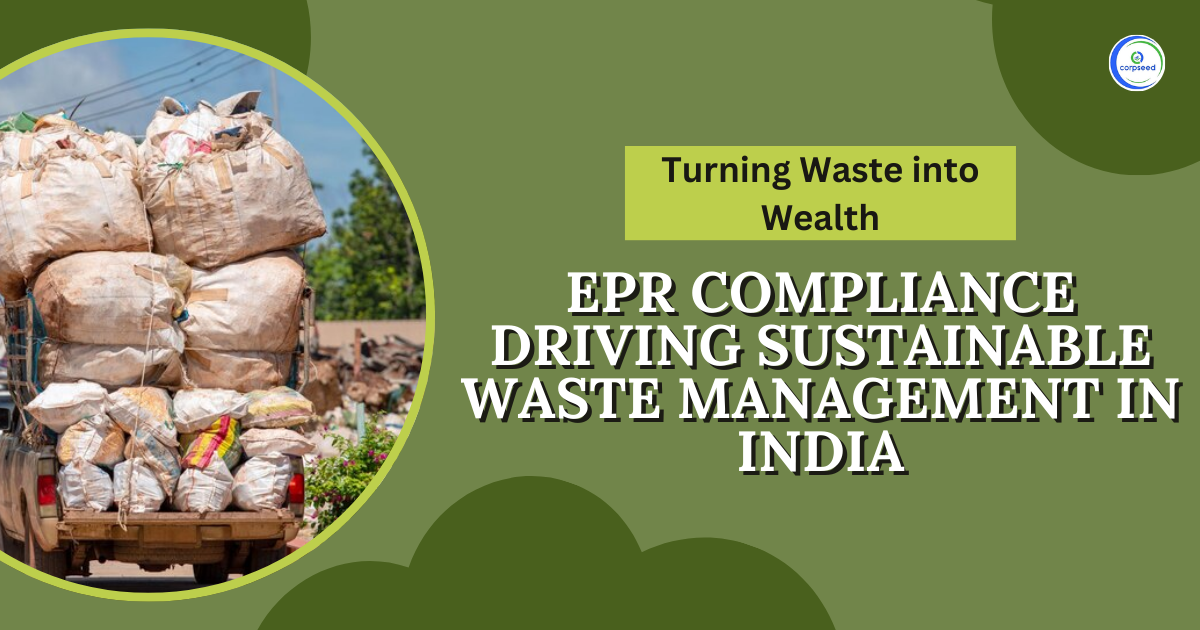Introduction: EPR Certificate for Import in India
Unmanaged waste has now become a headache for the Government of India as the gravity of this problem has been increasing like wildfire with the rising population of the country. Every year, India produces millions of tonnes of waste and in the absence of waste management systems, the majority of it goes to the dumpsites that have already crossed their capacities, hence contributing to the pollution of the environment and making the lives of thousands of people that reside nearby miserable.
Table of Contents
--------------Blog Contact Form-------------
If you take a look at the data regarding generated waste, you’d find the majority of the chunk that consists of it are discarded plastic and electrical equipment. And, this is only expected to grow further in the future with people taking more interest in electronic products, especially after covid and the recent lockdowns. And what intensifies it more is the massive import of e-waste by Indian businesses from other countries to India. To take the poor state of waste management under control, the Indian government has introduced many initiatives and policies to date and EPR (Extended Producer Responsibility) is one among them.
What is EPR (Extended Producer Responsibility)?
EPR (Extended Producer Responsibility) is an environmental policy of the Indian government that mandates producers and importers of e-waste responsible for its management including collection, transportation, recycling, or deposition in an environmentally-friendly manner. To ensure businesses comply with the prescribed regulations and norms of EPR, the Indian government has bound them to obtain an EPR certificate from the relevant pollution control body. In the absence of an EPR certificate, the business can be liable for certain legal penalties or may also be required to shut down its activities.
Introduced under the waste management rules, the motive of the EPR certificate is to shift the responsibility of managing the waste materials to their producers or importers. The EPR certificate may require businesses to set up collection centers and implement take-back or recycling programs. It includes making arrangements with registered recyclers or PWP (Plastic Waste Processors) for the channelization of waste.
Advantages of EPR Certificate
In recent years, the EPR certificate has proved to be a game changer for waste management in the country, helping businesses to comply with the regulations and norms given under the waste management rules and keep away legal troubles. EPR guides them to make the way they handle their waste more efficient and sustainable. Let’s take a look at the key advantages of EPR certification.
- Ensure Environmental Compliance
The majority would agree that legal consequences are the major force behind the enforcement of EPR regulations and compliances because people would do anything to avoid legal hassles that can keep them out of their businesses. Having an EPR certificate can guide them on what they must do to ensure environmental compliance and avoid the violation of any law.
- Make Waste Management More Efficient
The Extended Producer Responsibility policy provides businesses with a better understanding of how they should collect, transport, recycle, or dispose of their waste so that the environment and the health of people remain unharmed. It guides them to put measures to make their waste management framework more sustainable and ordered.
- Cost Effective
Many times businesses spend huge chunks of resources to deal with their waste materials, yet fail to do so because of the inefficient waste channelization system. EPR certificate helps businesses put waste management measures that are not only comprehensive but also don’t burn a hole in their pockets.
- Build a Better Business Image
An EPR certificate can help businesses build a better image of themselves in the market, which can further be used to create credibility with their consumers. This can also act as a promotional tool on the part of businesses to gain and retain more customers.
Types of ERP Certificate Authorization
- EPR Authorization for E-waste
- EPR Authorization for Plastic Waste
- EPR Authorization for Battery Waste
- EPR Authorization for Tyres Waste
Documents Need to Apply for EPR Certificate
To obtain an EPR (Extended Producer Responsibility) authorization, the requirement of documents varies as per the structure of a business.
For Partnership Firm and Sole Proprietor/OPC (One Person Company)/LLP (Limited Liability Partnership)
- GST Registration Certificate
- Importer Exporter Code (IEC) issued by DGFT (Directorate General of Foreign Trade), MoCI
- Rent or Lease Agreement as proof of ownership of the business facility
- Sole Proprietor or Authorized Signatory KYC
- Excel sheet containing information on imported products
For Private Limited Company and Public Limited Company
- All the documents that are mentioned above.
- Memorandum of Association of the business
- Incorporate Certificate issued by the Registrar of Companies
- Business PAN
- Board Declaration for Authorized Signatory
Additional Documents:-
- EPR plan containing details of the e-waste channelization system for targeted collection.
- Self-declaration for compliance with the provisions of RoHS (Reduction of Hazardous Substance).
- Documents related to agreements with dismantlers, recyclers, and TSDFs (Treatment, Storage, and Disposal Facilities), etc.
- Declaration for the availability of the technical documents as per EN 50581 of EU
- Self-attested copy of the authorization of recyclers/dismantlers.
- List of producers associated with the recyclers/dismantlers, along with the collection target of the producer.
Process to Get EPR Certificate for Import in India
- Step 1: Make sure you have all the documents (mentioned above) required for an EPR registration
- Step 2: Go to the website of the Central Pollution Control Board and get FORM 1, which is mandatory to fill out for EPR authorization under the E-waste management rules.
- Step 3: Fill in all the asked details and attach the required documents.
- Step 4: Thereafter, submit the application to the relevant government authority with the application fee.
- Step 5: The Central Pollution Control Board will evaluate and assess all the submitted information and documents. In case there is any mistake committed on the part of the applicants while filling out the application, they can rectify it within 25 days.
- Step 6: The applicant business can expect a response from the CPCB within 120 days of making the application for EPR authorization.
- Step 7: The Central Pollution Control Board may refuse to issue the authorization of EPR if the applicant fails to provide the correct information as per the required regulations within 45 days of receipt of the letter from the CPCB or the date of update of the CPCB web portal’s status.
The applicant will also be offered an opportunity to be heard within one month from the date of return of the application (by post or on the CPCB web portal) before the CPCB takes up the case for rejection of the authorization of the EPR.
Note: If the CPCB finds any business flouting the regulations and norms of the Environment Protection Act of 1986 and the E-waste Management Rules of 2016, it can suspend the authorization of EPR at its convenience. Within 25 days of such suspension, a notification informing the same will be sent to the business entity. Here, the CPCB must provide the business with an opportunity to present its case against such suspension.
Conclusion
Enforcement of EPR regulations and norms is today’s need for everyone, not only because it’s legally enforceable and ignorance of it can attract legal penalties but also because its absence will only make the already chaotic situation of waste in our country worse. It’s true that understanding the legalities regarding EPR authorization and keeping track of its compliance can be tricky for businesses, but there is a solution for that as well. Corpseed ITES, India’s top environmental consultancy company, has been serving thousands of domestic and International clients since 2017 and successfully registered more than 200s EPRs to date.
EPR Authorization
EPR Registration is done by manufacturers, importers, and brand owners (PIBOs) of electrical and electronic equipments (EEE). The main objective of EPR is to encourage producers or manufacturers to design products that are easier to recycle and dispose of responsibly. EPR applies to various sectors, including electronics, packaging, batteries, and more.
E-Waste Dismantling
The E-Waste rules apply to every manufacturer, producer, consumer, bulk consumer, collection centers, dealers, e-retailer, refurbisher, dismantler and recycler involved in manufacture, sale, transfer, purchase, collection, storage.
Plastic Waste Management
Plastic Waste Management Authorization is mandatory for Plastic Waste Processors and recyclers to ensure the processing of plastic waste happens efficiently and sustainably and in compliance with the guidelines that CPCB lays down from time to time.
This portion of the site is for informational purposes only. The content is not legal advice. The statements and opinions are the expression of author, not corpseed, and have not been evaluated by corpseed for accuracy, completeness, or changes in the law.
BOOK A FREE CONSULTATION
Get help from an experienced legal adviser. Schedule your consultation at a time that works for you and it's absolutely FREE.


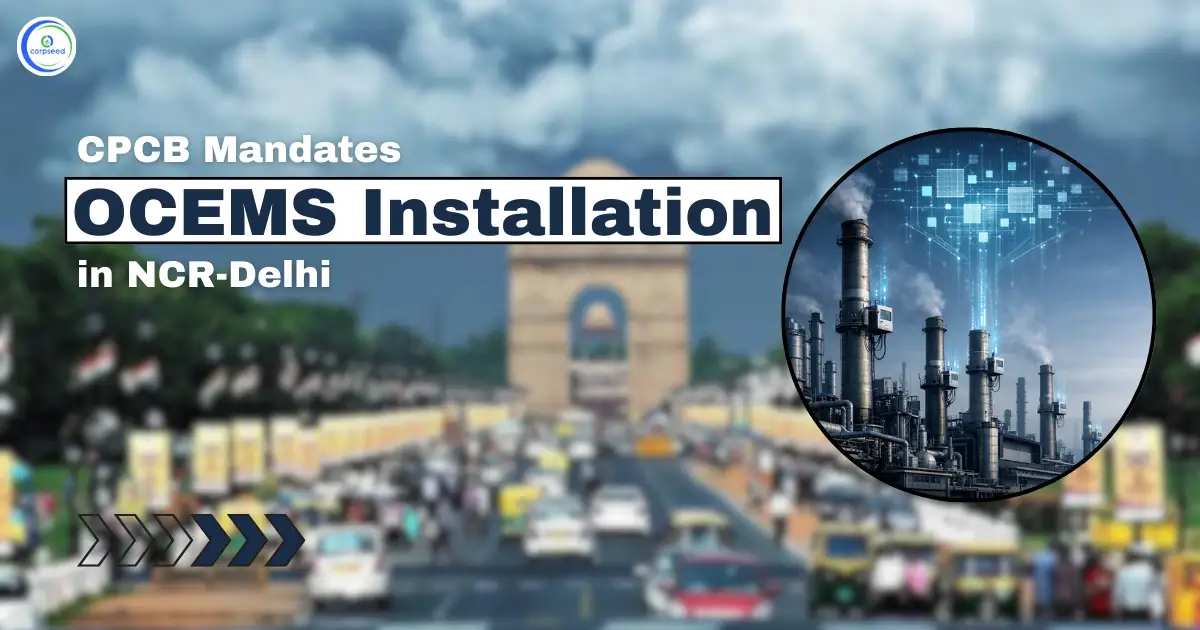
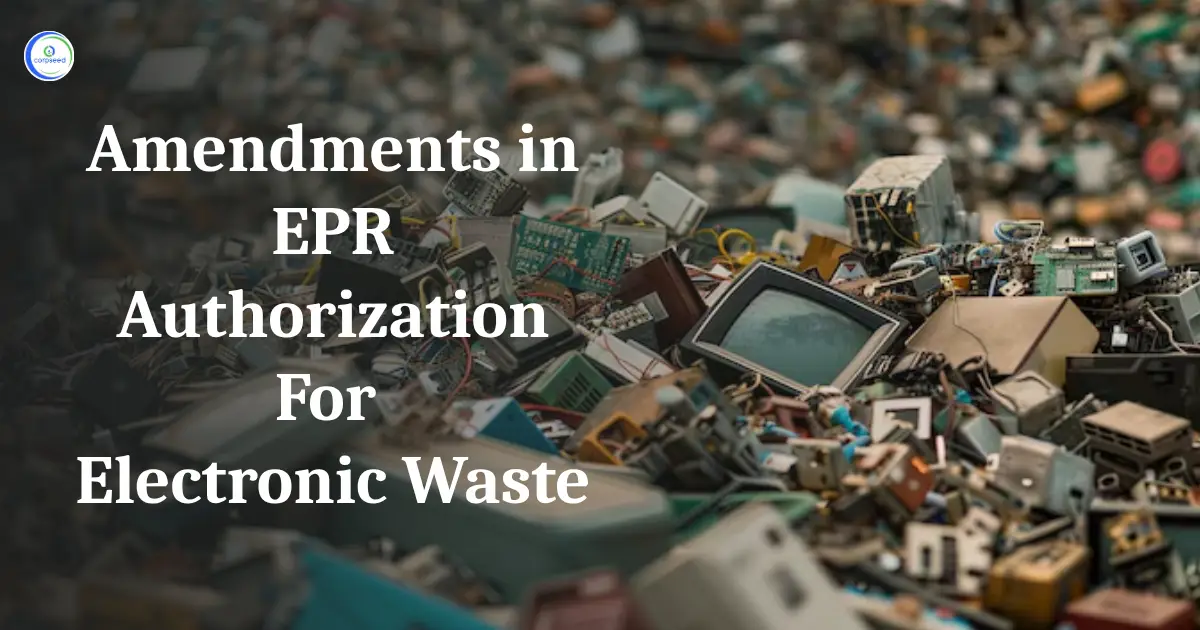
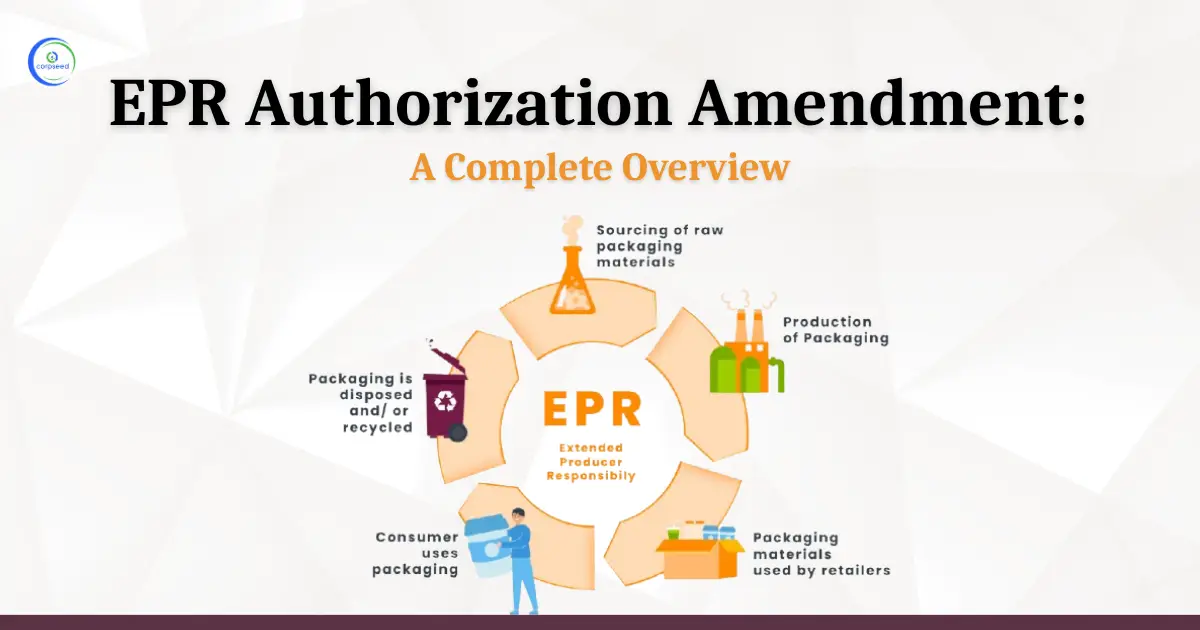
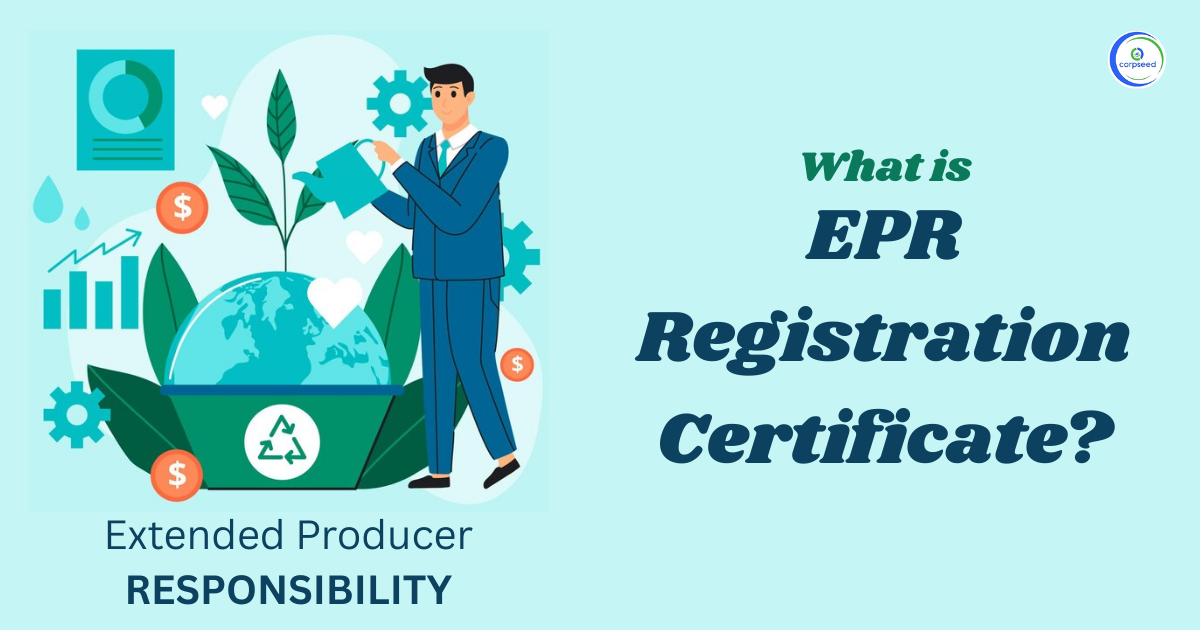
.webp)
